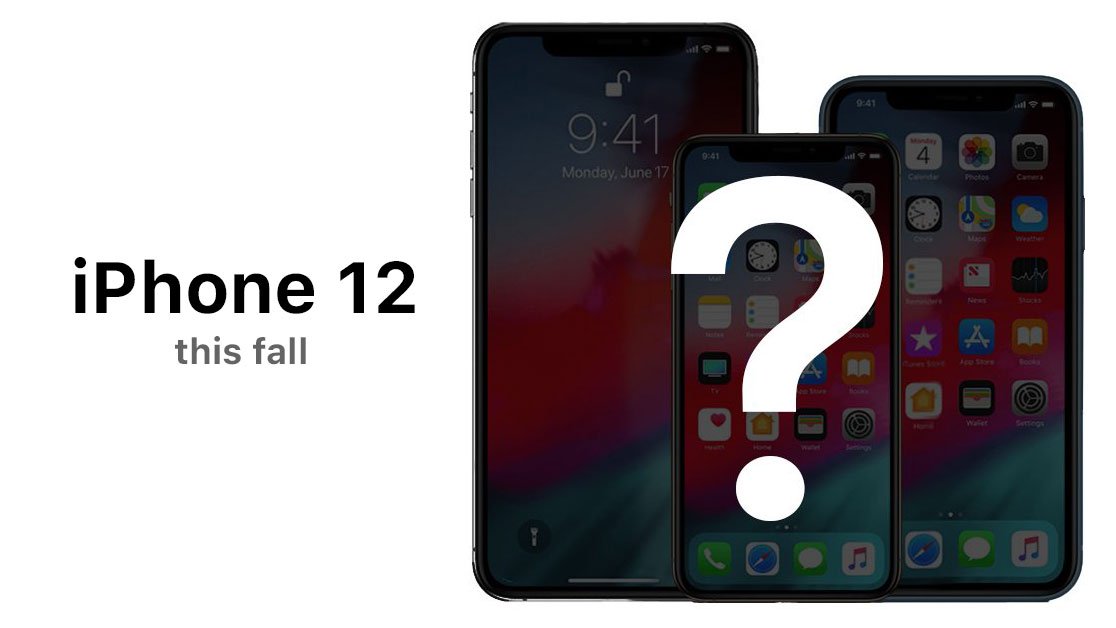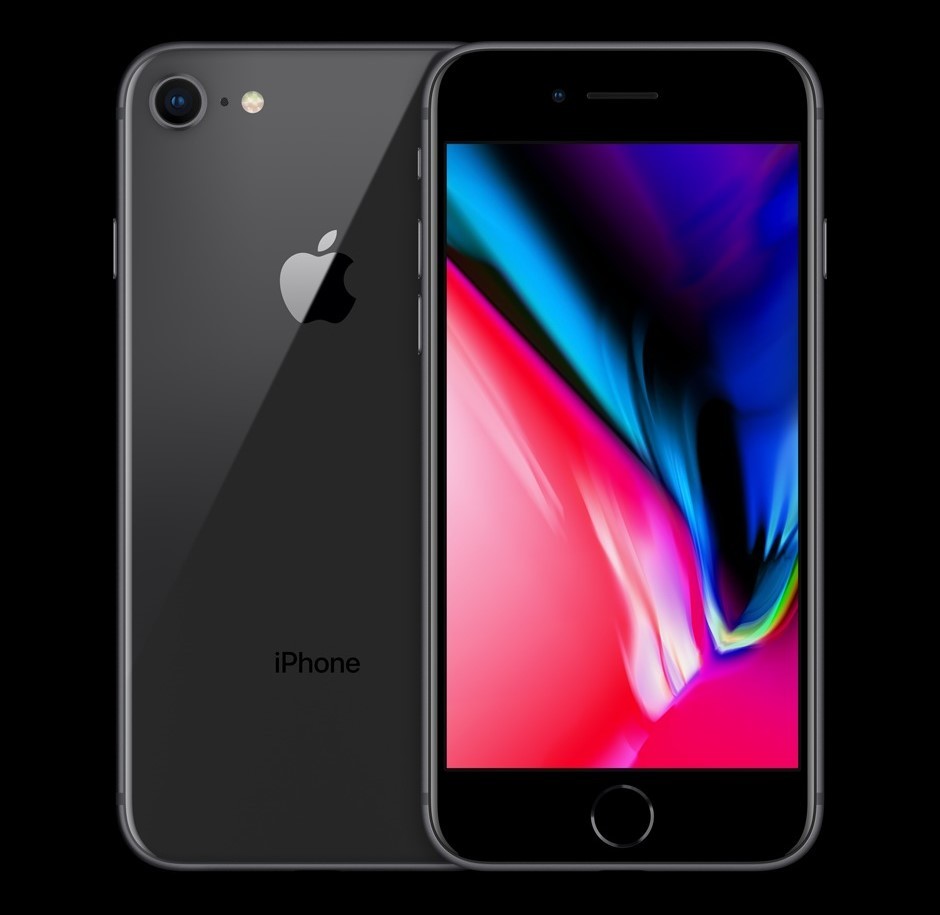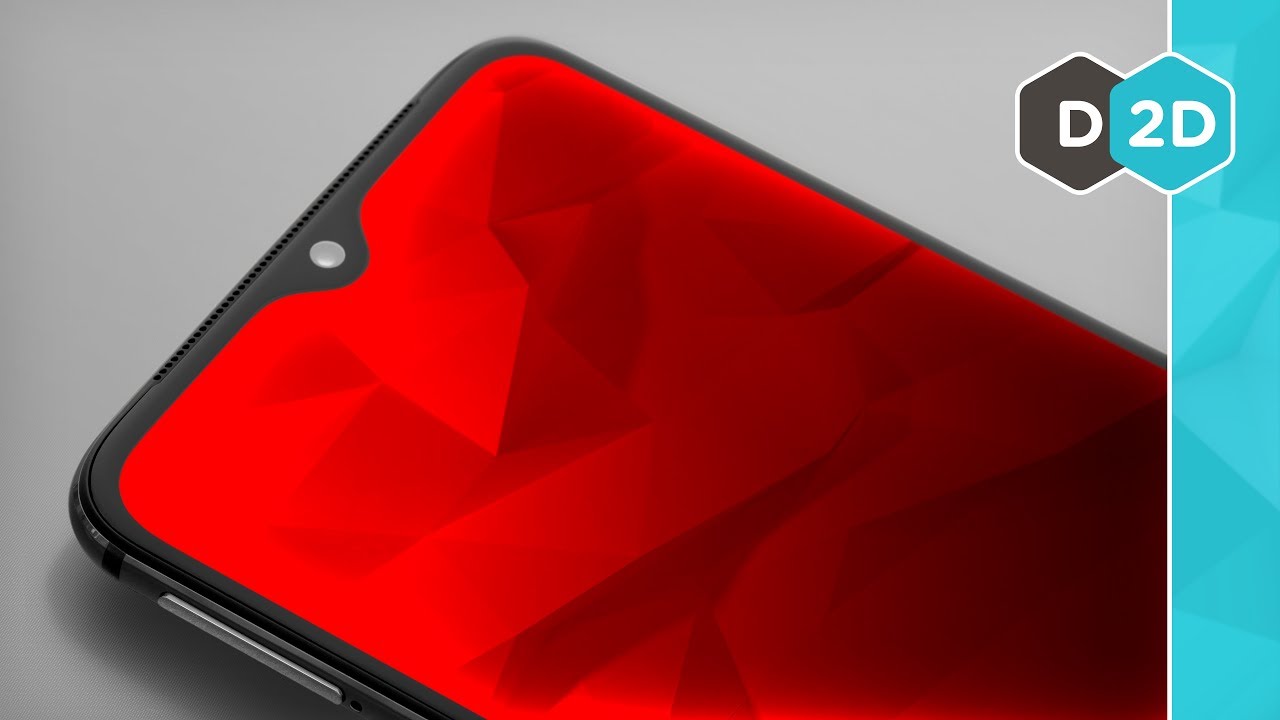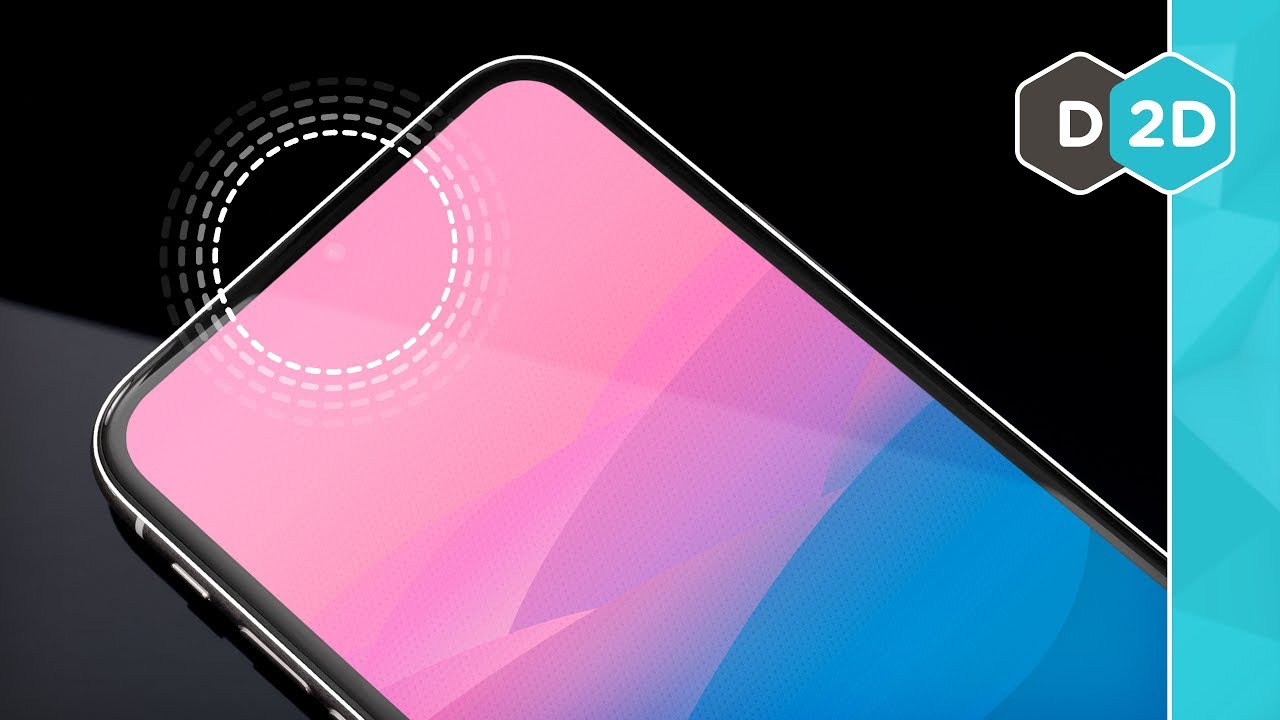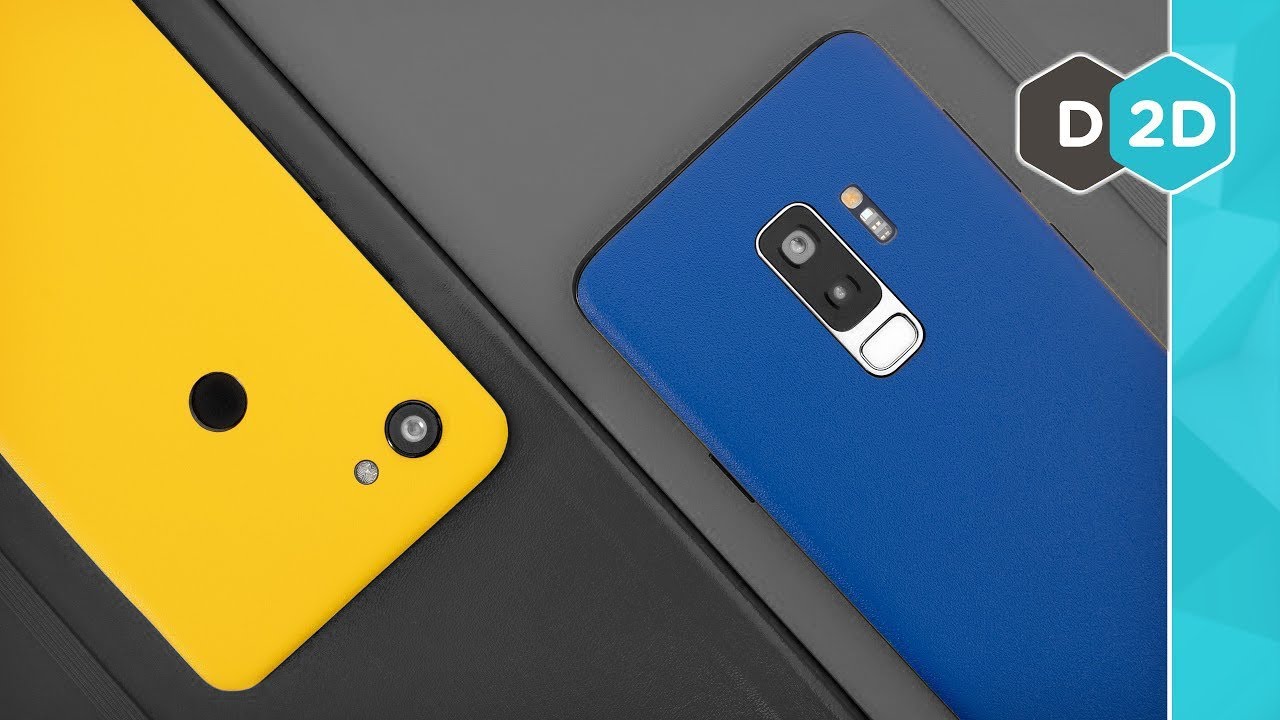
Back in February 2015 when Google first announced that their now famous ranking algorithm “mobilegeddon” would be rolled out on in April that same year there was a crazy scramble by website owners to bring code up to date and make sure their websites functioned correctly on multiple devices including mobile phones and tablets so as to avoid any Google penalties.
Now around 18 months on we look at how web design and development has transformed because of the increased smart phone and tablet use and what you should to expect from your mobile compliant website.
Responsive web design (RWD) is now industry standard and there should be no need to ask your designer whether your website will be mobile/tablet friendly or not and whilst there may still be a handle of unscrupulous amateur design agencies adding on extra money for the ‘privilege’ of having a responsive site most genuine designers simply see it as the way websites are designed nowadays.
There is however a very big difference between mobile friendly and mobile enhanced just like there is a big difference between having just a website and having a website that is search optimised and user friendly.
Many agencies will simply throw content into a responsive framework just to pass Google’s mobile friendly test and keep the client happy. I’ll be honest, I’ve seen some truly terrible so-called mobile friendly websites in the past 18 months, every one able to pass Google’s mobile friendly test yet doing little to enhanced a mobile users experience or bring in new business for the website owner.
A lot of the problem is with the high number of unskilled web design agencies using outdated frag and drop site building software or third party templates and simply not having the required coding skills to re-arrange and enhance the content for mobile users.
What works and looks good on a desktop will not necessarily work well and look good on a mobile phone due to the size and orientation of the screen. A good designer will view your new site on various devices and take into account your niche or type of business and will use the site as if they are a client or customer.
Do you want a client or customer to be able to call you simply by clicking a button? Then a clickable ‘call now’ button should be visible without scrolling as should your logo, business name and navigation menu. Is your text readable on a mobile? Having different font sizes and spacing on a mobile gives a much neater site and better user experience. Simple adjustments for the mobile phone user can make a big difference.
Paul D Dexter

